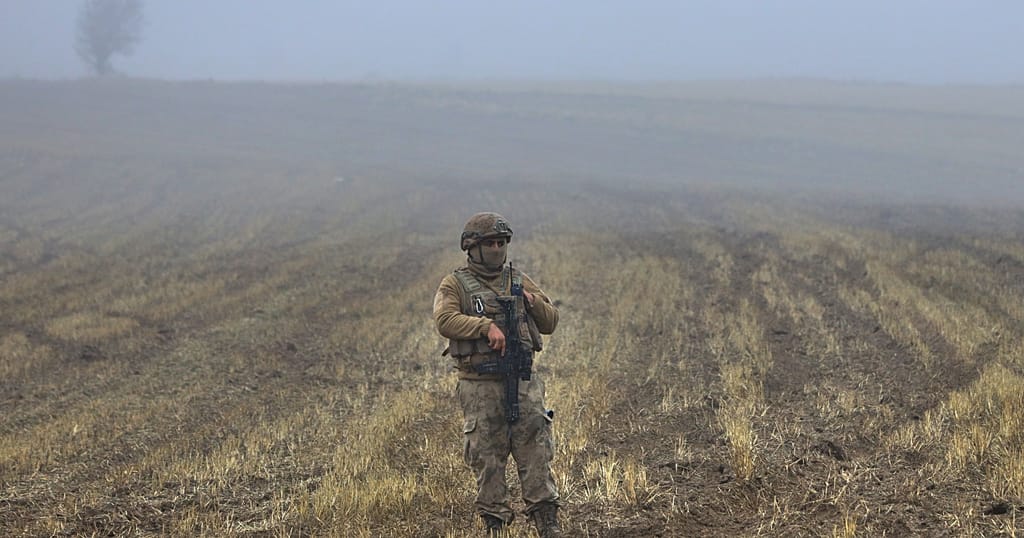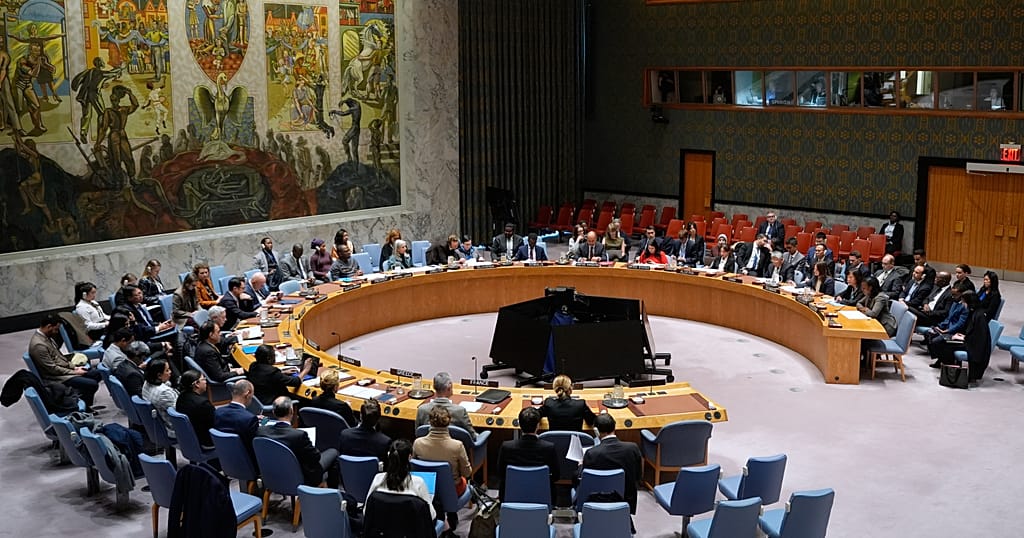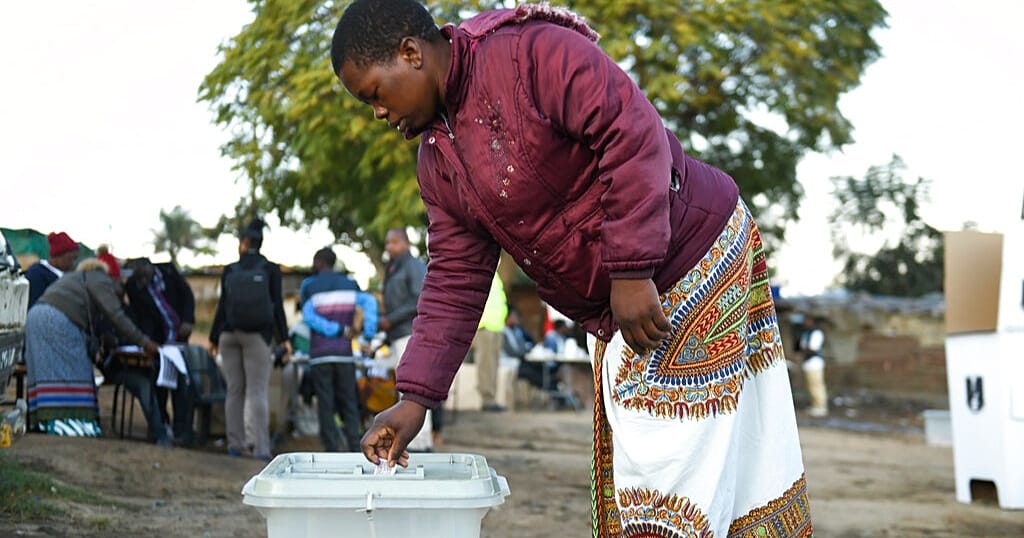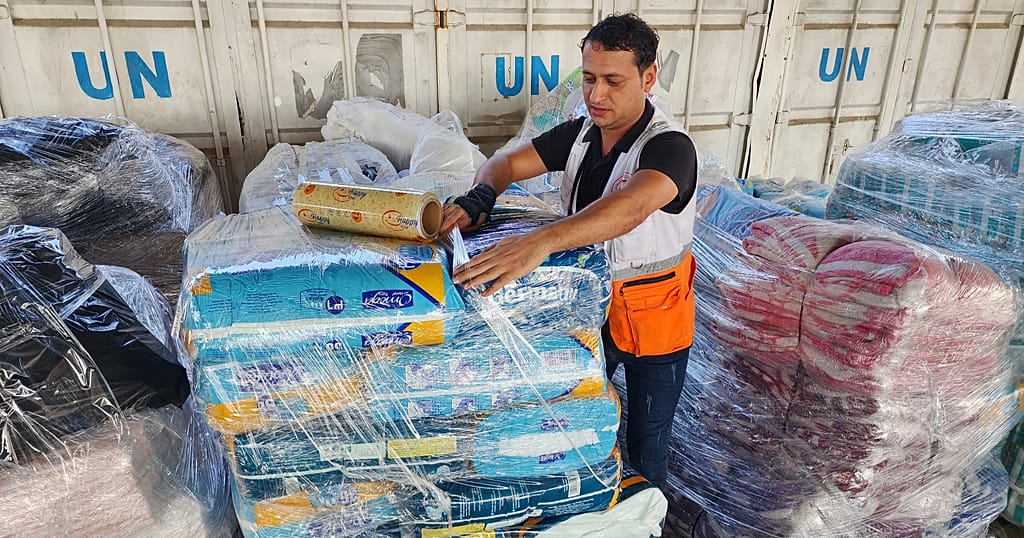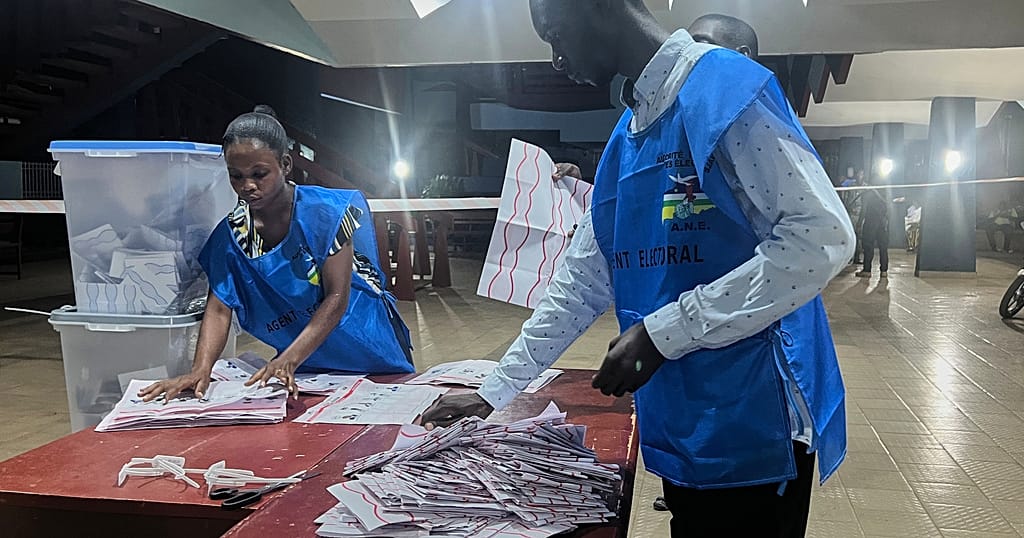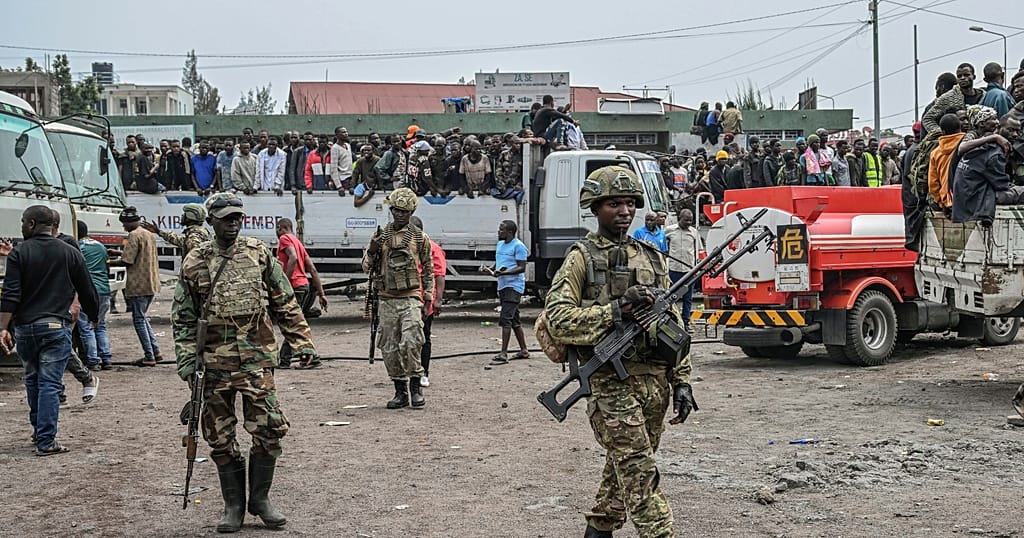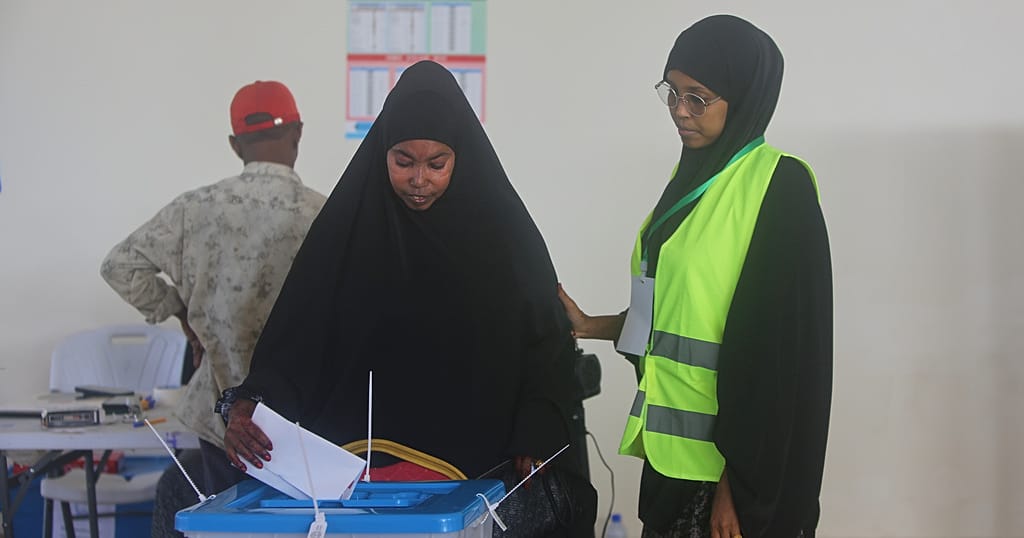South Sudan: 1.6 million children at risk of malnutrition in 2024 (UN)
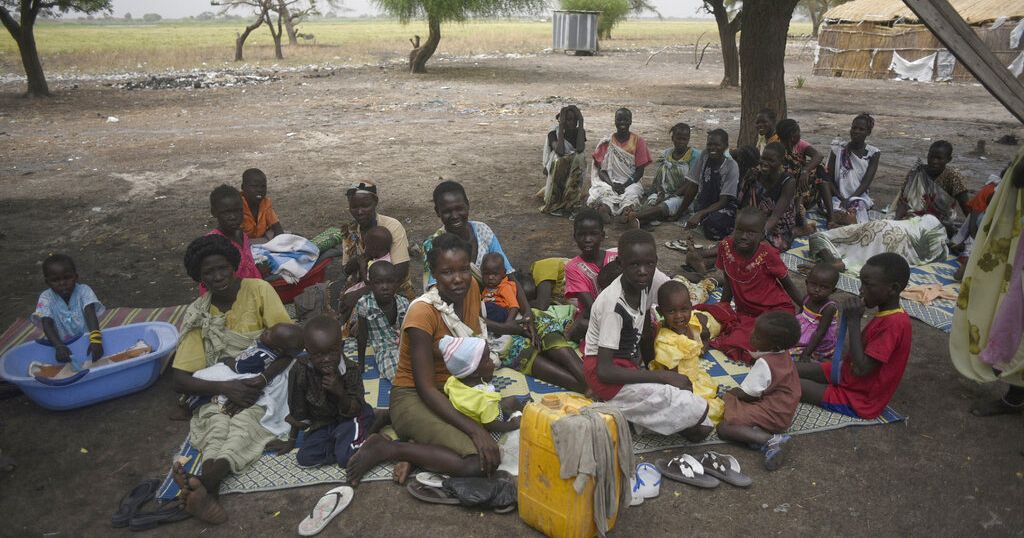
More than 1.6 million children under the age of five are at risk of malnutrition in South Sudan in 2024, mainly due to the effects of flooding, the UN World Food Programme (WFP) warned on Monday.
The youngest country in the world, South Sudan has been plagued by chronic instability and politico-ethnic violence since it gained independence from Sudan in 2011.
This country of around 11 million people is also confronted with extreme climatic phenomena, including major floods with potentially devastating effects for millions of people.
“We are seeing an extremely worrying increase in malnutrition”, due in particular to the floods and the overcrowding they are causing in certain areas, said Mary-Ellen McGroarty, WFP Director in South Sudan, in a press release, adding: “Young children are suffering the most”.
“More than 1.6 million children under the age of five are expected to suffer from malnutrition in 2024”, the statement added.
In May, UNICEF estimated that malnutrition would threaten 1.4 million children by 2023.
The press release refers in particular to the situation in the county of Rubkona (north), where the waters have submerged vast tracts of land, forcing entire communities to live on small islands since 2021. The cost of basic foodstuffs has risen by more than 120% since April.
“This is the reality of life on the front line of the climate crisis,” says Mary-Ellen McGroarty.
The crisis has been exacerbated by the influx of hundreds of thousands of South Sudanese fleeing the war in Sudan, who find themselves in a “food emergency” situation.
The press release refers in particular to the situation in the county of Rubkona (north), where the waters have submerged vast tracts of land, forcing entire communities to live on small islands since 2021. The cost of basic foodstuffs has risen by more than 120% since April.
“This is the reality of life on the front line of the climate crisis,” says Mary-Ellen McGroarty.
The crisis has been exacerbated by the influx of hundreds of thousands of South Sudanese fleeing the war in Sudan, who find themselves in a “food emergency” situation.
Source: Africanews



